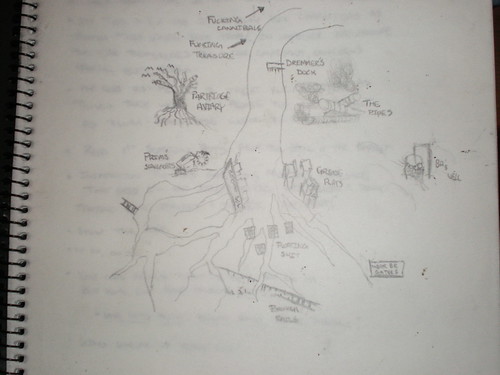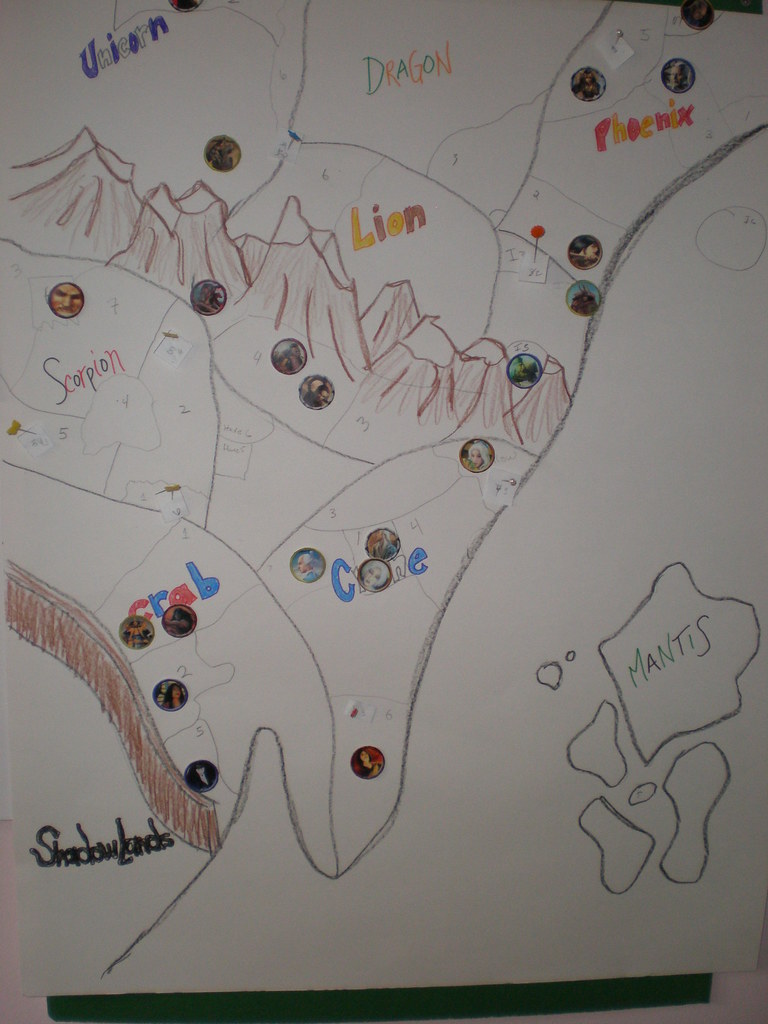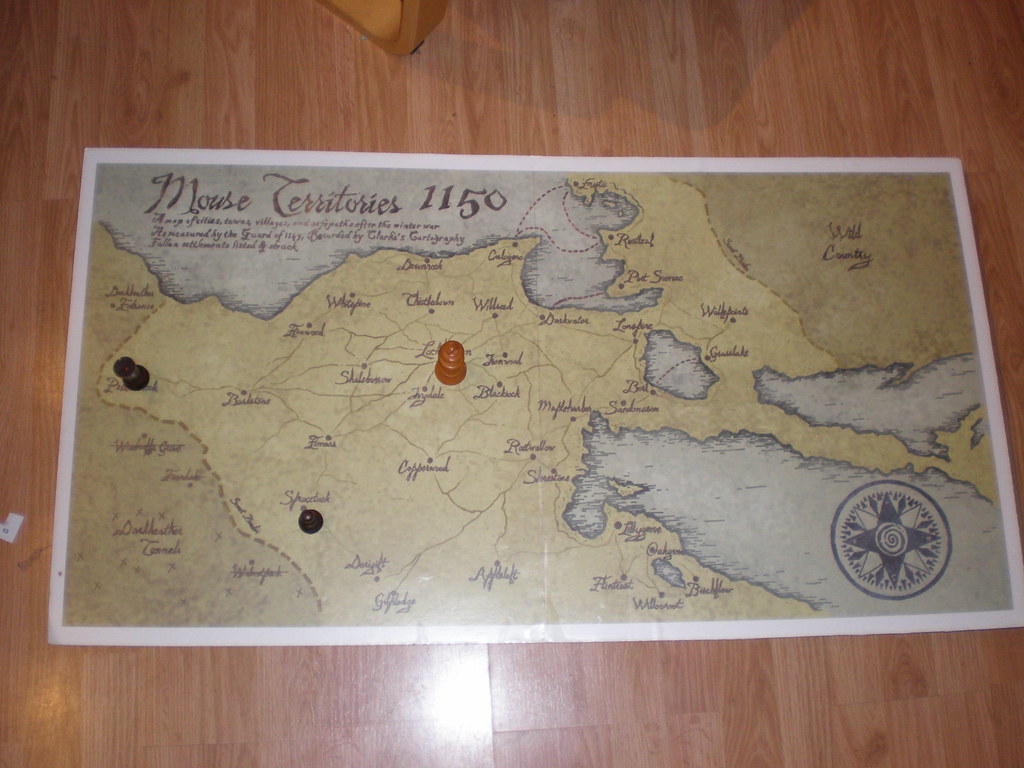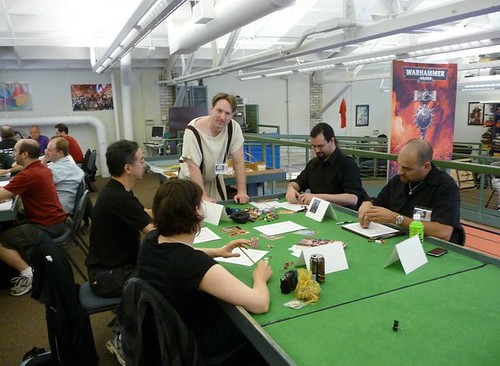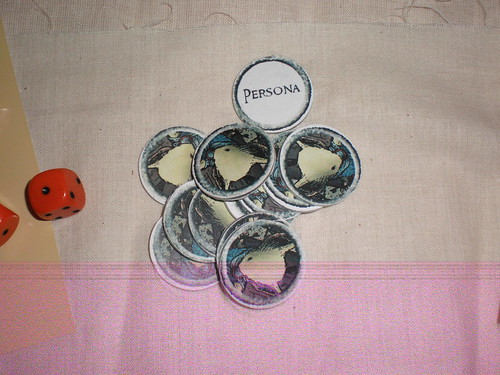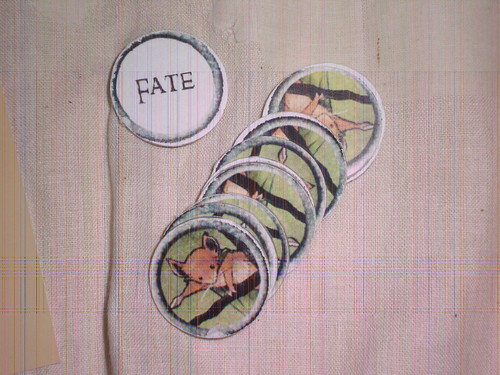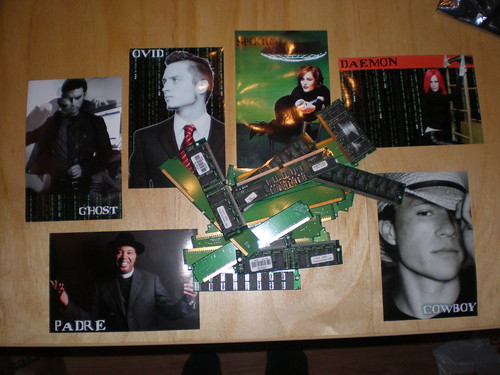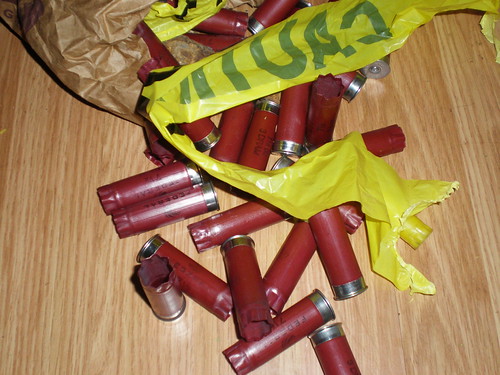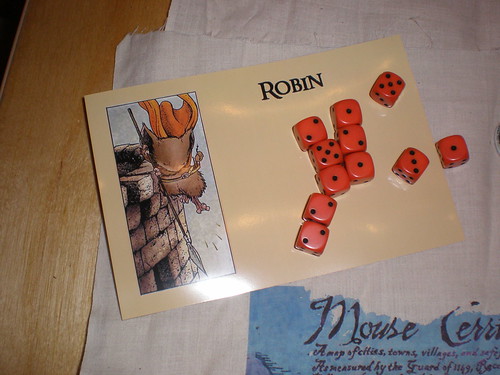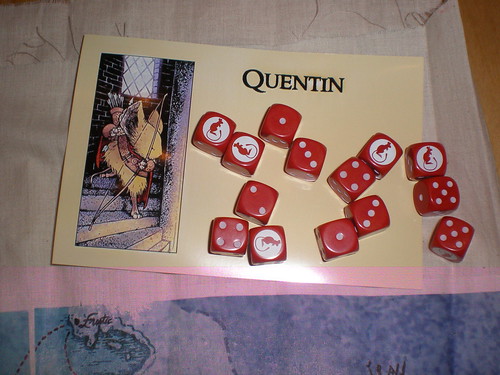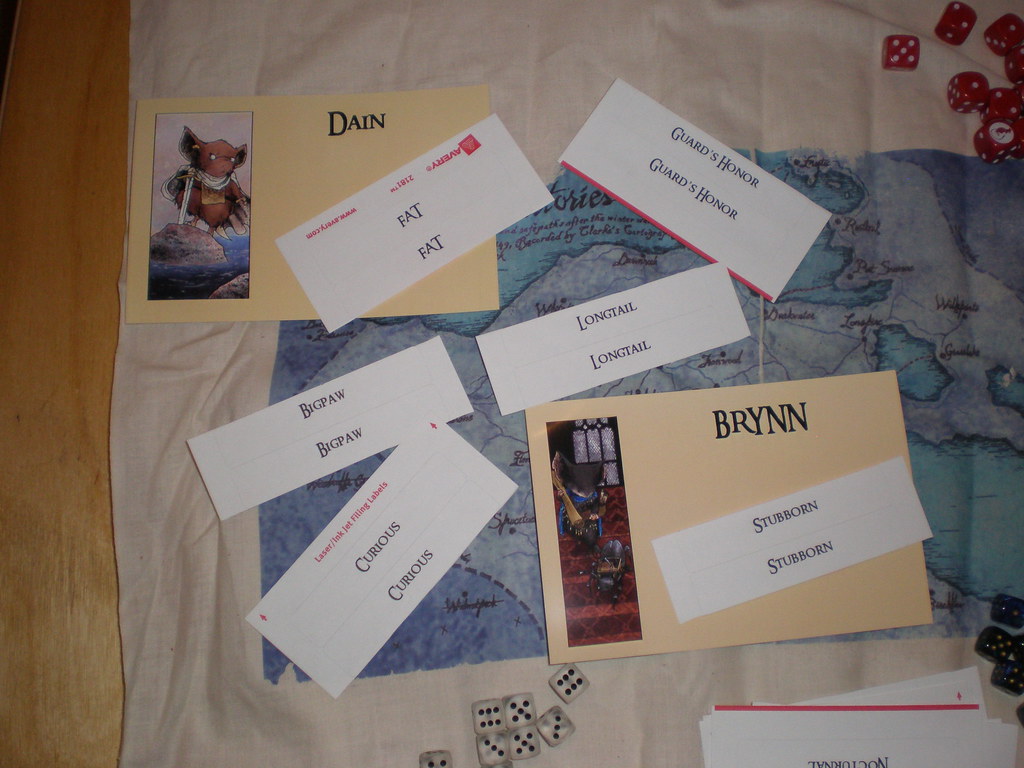
Hi and welcome back to Narrative Control. This week we’re talking about the sacred cows at the gaming table. What are the things that a player doesn’t want to see changed about their character. Brought to you by a conversation between Sean and Leonard Balsera.
Length: 38:59
[00:27] Welcome back to the show. We talk about the
RPGGeek’s GoldenGeek Award. We didn’t win, but congratulations to YSDC: Cthulhu Podcast.
[02:05] High stakes gambling in Vegas! Wagering on RPG minutiae at Neoncon.
[03:37] The crux of the episode: What changes result in the character not being fun anymore
[03:48] Advancement versus change.
[05:28] Changing a core concept of a character. Does it break the character?
[06:27] What is fixed and what’s open to change. Fred Hicks’ concept of “the character sheet as a love letter to the GM”
[07:10] Beliefs in Burning Wheel; more about what is your character going to do.
[08:11] An example of a persistent trouble: Alcoholism in Iron Man.
[08:42] An example of a more evolving trouble.
[09:10] Fattig’s favorite foibles.
[11:52] Why would we change a persistent character element.
[12:26] Dresden example: A compelling plot twist that makes sense. But it affects the character to the detriment of the characters fun.
[13:47]
Mage game. Changing a character element that doesn’t break the character. On the contrary, it drives the character forward.
[15:34] Sean drives a player bonkers in Silver Age Sentinels.
[18:05] Players want to change on their own terms.
[18:25] Finding the untouchable elements on your own character sheet.
[20:29] Make no mistake though, change is critical.
[21:02] Communicate with your GM. Let them know what is core that you don’t want to let go of.
[21:29] The character sheet won’t tell you what the character wants to change versus what they want to hold onto.
[22:27] As a GM, pay attention to the brainstorming sessions, and ask questions.
[24:28] “Just because your characters really good at something, may not be what they’re about. It may be about not doing it.”
[26:38] Reading into a player’s favorite issues based on tone.
[27:25] What to do when communication fails, and a sacred cow gets trampled in play.
[29:40] A core concept changed in play in a moment from
Burning Wheel.
[31:28] Recognize that something’s gone wrong, and talk about it afterwards.
[35:59] If you do change something about the character as the GM, give the player options.
 Hi and welcome back to Narrative Control. This week we’re talking about the sacred cows at the gaming table. What are the things that a player doesn’t want to see changed about their character. Brought to you by a conversation between Sean and Leonard Balsera.
Hi and welcome back to Narrative Control. This week we’re talking about the sacred cows at the gaming table. What are the things that a player doesn’t want to see changed about their character. Brought to you by a conversation between Sean and Leonard Balsera.